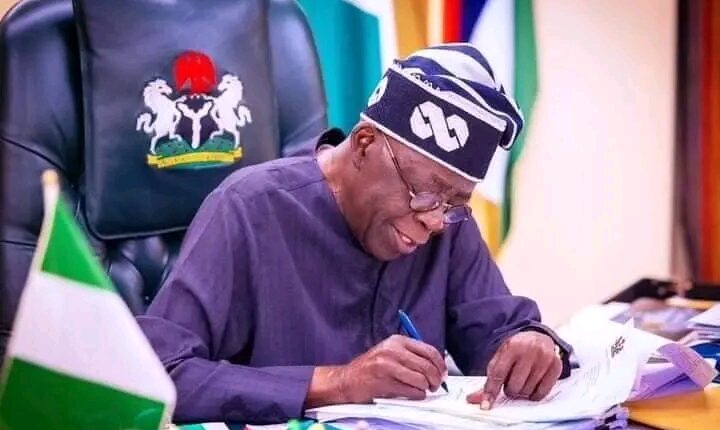President Bola Tinubu has raised Nigeria’s proposed 2025 budget from ₦49.7 trillion to ₦54.2 trillion, citing increased revenue from key government agencies, including the Federal Inland Revenue Service (FIRS), the Nigeria Customs Service (NCS), and other government-owned agencies.
While this budget increase suggests potential economic expansion, it also comes with possible challenges.

The additional spending, if properly managed, could stimulate economic growth, but it also raises concerns about inflation, debt sustainability, and effective implementation.
The Upside: Economic Growth and Increased Government Spending
- More Revenue for Infrastructure and Social Services
The additional ₦4.5 trillion in the budget could mean greater investment in infrastructure, education, healthcare, and security. If allocated properly, this could drive economic development, improve public services, and create jobs. - Boost to Key Sectors
Increased government spending could benefit sectors such as agriculture, manufacturing, and technology, helping businesses grow and contributing to economic stability. - Improved Fiscal Standing
The additional revenue from FIRS and NCS suggests improved tax compliance and higher trade volumes, which could reduce reliance on external borrowing and improve Nigeria’s fiscal position.
The Downside: Inflation, Debt, and Budget Implementation Risks
- Risk of Inflation
An increase in government spending, if not matched by corresponding production growth, could fuel inflation. With Nigeria already battling high inflation rates, further price increases could affect the cost of living. - Borrowing Concerns
Despite increased revenue, Nigeria’s rising debt profile remains a concern. If the government seeks additional loans to cover expenditures, it could further strain the nation’s finances. - Challenges in Budget Implementation
Historically, budget implementation in Nigeria has faced delays due to bureaucratic inefficiencies, corruption, and mismanagement. The effectiveness of the increased budget will depend on how well the funds are utilized.
What Next? Fast-Tracking Deliberations and Implementation
With the Senate Committee on Appropriations now tasked with reviewing the adjustments, there is pressure to finalize and pass the budget before the end of February 2025.
Lawmakers must ensure that the additional funds are allocated efficiently and used to address pressing economic and social issues.
As Nigerians anticipate the impact of the increased budget, the government must balance spending with economic stability to ensure long-term benefits without worsening inflation or debt burdens.
The coming months will reveal whether this budget expansion will translate into tangible improvements for the country.

